New report: CBS students suffer from irrational and extreme anxiety
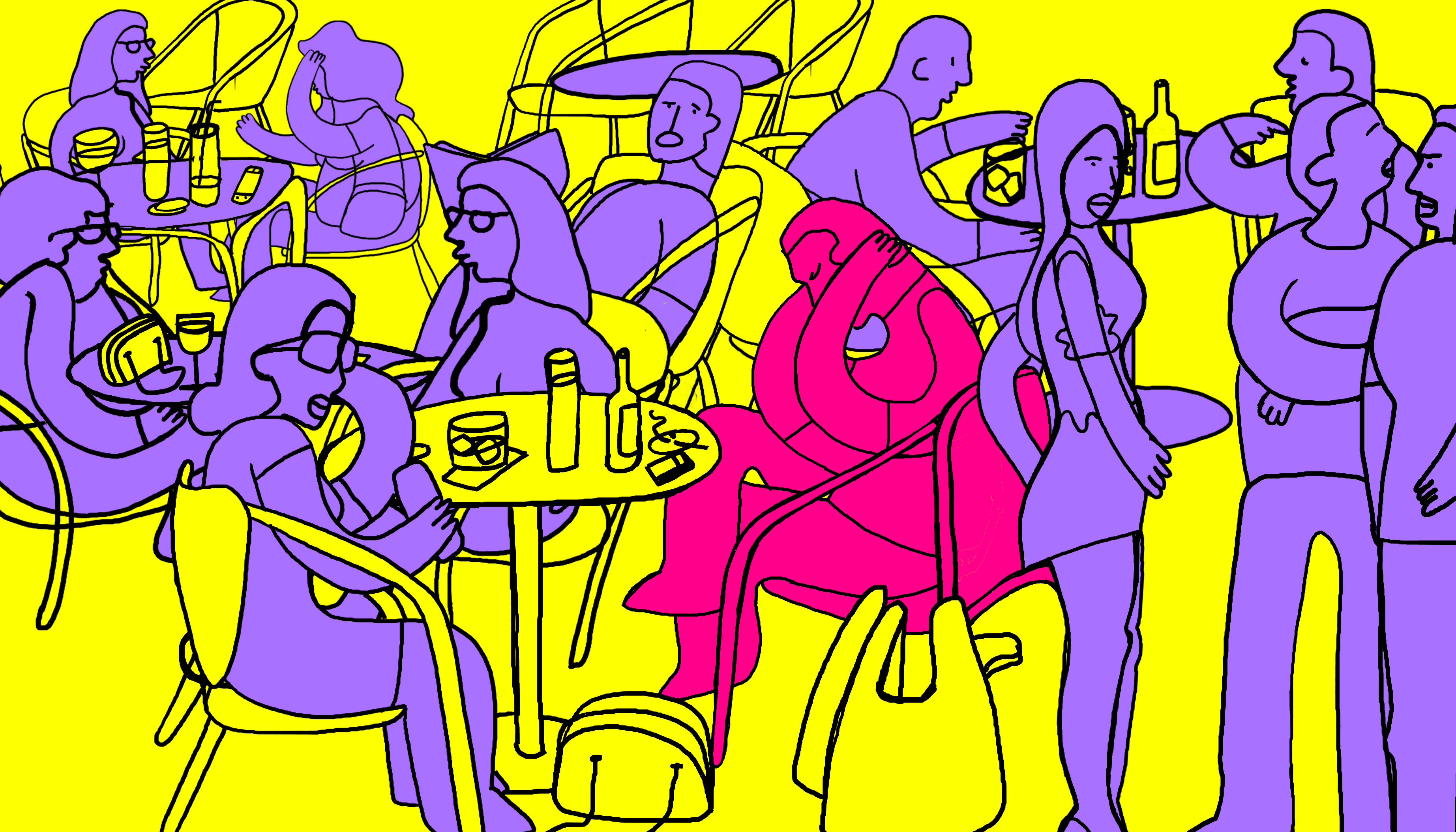
The latest study environment report shows that a healthy mental study environment is being threatened by the study progress reform and competitive behavior where the students see each other as competitors. CBS has drawn up a plan of action to improve both the physical and the mental study environment, but a larger cultural shift in society is also needed, points out the student councilors, the study administration, and the President of CBS Students.
Extensive competitive culture, irrational anxiety, which has become more common and extreme, and the feeling of being alienated by the study administration.
These are the main tendencies that are causing the students to rate the mental study environment at CBS as not satisfactory, shows the new Educational Environment Assessment (Undervisningsmiljøvurdering), which was published on the 23th of February 2018. The report assesses the students’ experience with CBS’ physical, mental, and aesthetic study environment. (See fact box)
“Unfortunately, it is not the first time that we are hearing about this. It is a worrying development, especially the rise in competition between students. However, this is not a unique problem at CBS, you see this as a general tendency within the society, where young people have to perform, and they have to perform well on a lot of parameters,” says Jeppe Ask Tofteskov, the President of CBS Students about the results of the new report.
Rie Snekkerup, Director of the Study Administration at CBS, points out that the development is scary. It is not only the universities, but also the parents, and high schools and the students themselves who need to take responsibility and make it acceptable to fail and talk about failure.
“We see students thinking that it is necessary to get high grades to have a good life and that is a scary tendency. That is why it is important that everyone take responsibility in order to help students getting less stressed or anxious and creating better and healthier study environments. We also need to talk about the importance of failure, and that failure is a great source of new knowledge and innovation,” she says and mentions that CBS has come up with a plan consisting of eight initiatives on how to improve both the physical and mental study environment.
“CBS has, of course, a responsibility. We have a responsibility to give the graduates the right competences and get the students through their studies in the best possible way.”
No grade shaming
Since the latest report was published in 2014, the study councilors’ have noticed that the mental study environment has not improved.
The assessment of the mental study environment covered in the new report spans from 2015 to 2017 and is based on interviews with students. Therefore, it does not represent all of CBS and its different programs and study environment.
The culture permeates everything. People tell everyone if they got a 10 or a 12, but no one says if they got a 4 or a 7
Mette Gøtterup-Tang, Study Coach
However, Lars Pedersen, counselling officer, and Mette Gøtterup-Tang, a study coach, are both staff members from the study guidance office at CBS, and they meet with students from different study programs. They noticed that there are common factors that seem to put the students under a lot of pressure: the race for the best grades and constantly having to perform well.
“I actually don’t believe there is a shaming of those who get average grades, but we have a tendency to celebrate the great performances and the people who perform well. People want to be associated with success. In that way, students and society sort of back a culture in which performance is the most important,” says Lars Pedersen.
Mette Gøtterup-Tang adds:
“The students tend to forget that it is a very small percentage of people who can live up to this picture of the forever well-performing student,” she says.
Are you a friend or an enemy?
The report indicates that this extensive competitive culture is mostly found among the undergraduate students.
“The supervisors have observed that the bachelor students, to a larger extent, have become afraid of asking for help among each other, but also less willing to offer help as well. They see the grades as a game in which they have to fight against their fellow students on a small number of high grades. The students don’t wish to help others, as it could have consequences for one’s own competitive advantages,” the report states.
But where does this competitive culture stem from?
Lars Pedersen and Mette Gøtterup-Tang point out that we, from a young age, are aware of each other’s differences and compare ourselves to each other. In school, when we start getting grades, we compare grades and immediately get an idea of who is doing well, and who is not. And from there, everything is about being among the best.
“The culture permeates everything. People tell everyone if they got a 10 or a 12, but no one says if they got a 4 or a 7. You only hear about the successes,” says Mette Gøtterup-Tang.
CBS also contributes to a competitive culture, admits Rie Snekkerup. For example, as it is right now, the students who want to go on exchange are selected based on their grades.
“I think it would make sense if we also start to focus less on grades, and more on the skills and personality the student can bring to the exchange university and use this as a selection criteria. In that sense, we can help to ease the focus on grades,” she says and mentions that two out of the eight initiatives that CBS has put in their plan of action specifically focuses on decreasing the emphasis on grades.
“We need to tell the students that being a student at CBS isn’t a competition and that they shouldn’t see each other as competitors. This is why the initiative of grade-free classes is a really good idea. It will take away some of the competition for sure,” says Jeppe Ask Tofteskov.
Fast, faster, sick
Apart from the extensive competitiveness that the students are feeling, it has also become more common for Mette Gøtterup-Tang and Lars Pedersen to talk to students who seem to suffer from irrational anxiety and stress.
The two of them explain that this has a lot to do with the study progress reform.
The reform, which was launched in 2013, gives the students less possibilities and flexibility in terms of structuring their studies if they encounter tougher periods of time where it would be preferred to focus a little less on their studies.
“It happens that students experience tough times. It can be because of family issues, loneliness, or just not feeling well during their study. Before the study progress reform, we had more flexibility in terms of moving around subjects so that a student could take three courses instead of four in a semester and thereby allow them to slow down for a period of time. We can’t do that anymore,” says Mette Gøtterup-Tang and adds:
“Because of this the, students panic much faster, and more students say that they suffer from anxiety.”
We need to be better at talking to each other about how we are actually feeling because you are not alone
Jeppe Ask Tofteskov, President of CBS Students
If a student wants to rearrange some of their courses, they need to get an exemption. But they need to have a medical statement to get that.
“Students are often proactive in seeking help when they feel the pressure or their problems building up. But if they are not yet sick enough to get note from their doctor, our options for helping them are quite limited.” says Lars Pedersen.
Fear of becoming the bag lady
The anxiety also seems to stem from the students’ own expectations, as they want to do well in everything. But what happens if they don’t?
“More CBS students talk about the bag lady/man, as a consequence of not finishing one’s studies. This fear leads to anxiety, which is more difficult to control. They lack a feeling of belief in succeeding if they’re not on the top,” the report claims.
“It’s easy to say that the students should stop thinking about grades. But there seems to be a resolute myth that the companies only employ graduates based on grades. It’s only a few companies who still do so, the majority don’t look at your grades, but rather your professional and academic skills, and you as a person,” says Rie Snekkerup.
Lars Pedersen argues that the students are being presented with too few options regarding what they can actually do when they finish their studies.
“The students don’t know enough about what they can do when they graduate. They don’t know enough about the various opportunities. If the students are only presented with career choices within investment banking or consultancy, then it’s obvious that not everybody can see themselves in those fields. We need to make it clearer, what the students can become and work with,” he says.
Mette Gøtterup-Tang breaks in with an idea:
“It would be great to have small films with alums talking about what they studied, how they got their job, and it should be different kinds of people, so that the students get a different perspective on what they can do with their studies.”
Finding trust in a mailbox
The last point of the report on the mental study environment is about the students’ feeling of being alienated towards the study administration.
“The study progress reform has meant that more students get in contact with the study administration, as they have to apply for an exemption more often than before. For some students it seems as if it’s difficult to get in contact with the study administration. They don’t trust having to send an email to someone unknown, when it’s about something very personal,” it says in the report.
Rie Snekkerup agrees that sending a personal email to a random email address can seem like an unsecure option for the students. Who is reading the email? Who is answering? Is anyone even going to answer?
“We have been working on making the study administration a little more personal, so that the students actually get personal contact when they reach out to us. Another initiative we have talked about is to get pictures of the administrative staff, the program director and/or the study boards at my.cbs.dk,” she says and explains that even though they have worked on making the study administration more personal, the results have not showed in the recent report.
Talk about failure, like we talk about #MeToo and climate change
The changes CBS is about to initiate in order to improve the mental and physical study environment are, according to Rie Snekkerup and Jeppe Ask Tofteskov, not enough to change the entire culture and make the problems of the mental study environment disappear.
“We need to be better at talking to each other about how we are actually feeling, because you are not alone. Making surveys that show these things is not enough. You need to hear it from your fellow students and friends to understand it,” says Jeppe Ask Tofteskov and continues:
“But I don’t know how we can make it more acceptable to talk about this. Maybe we need some sort of campaign like MeToo. I think it’s on that scale, as this is not an issue at CBS alone.”
Rie Snekkerup agrees with Jeppe Ask Tofteskov that this is a discussion that needs to be taken on a whole other level.
“We are trying to change a culture which is constructed by a lot of different ‘forces’. We can’t change the results of the report for the better in a year. We need to work together to do so. We need to discuss this on the same level as we discuss climate change,” she says and continues:
“We need to abandon the conviction that there is only one straight way from primary school to high school to university to your dream job, and you will only be a success if it is paved with high grades. Instead, I would like to engage in a discussion on how to develop the future skills of the graduates and how we prepare them for an unknown, network based and digital job market where innovation, collaboration and failure will be the successful path.”



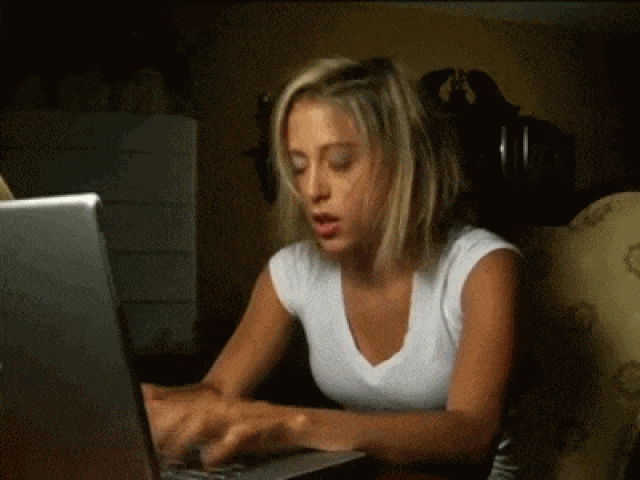
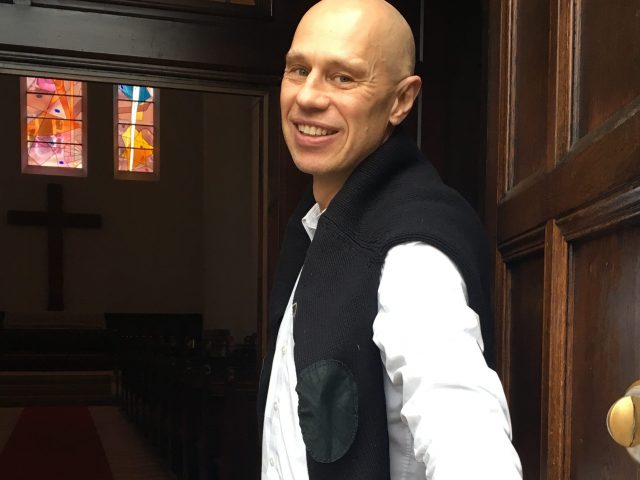
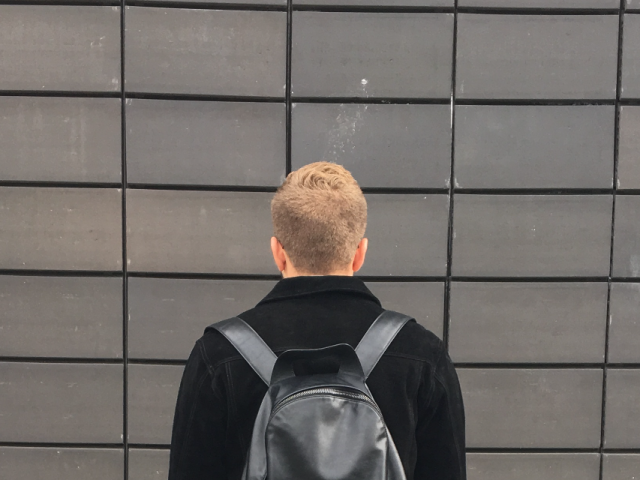
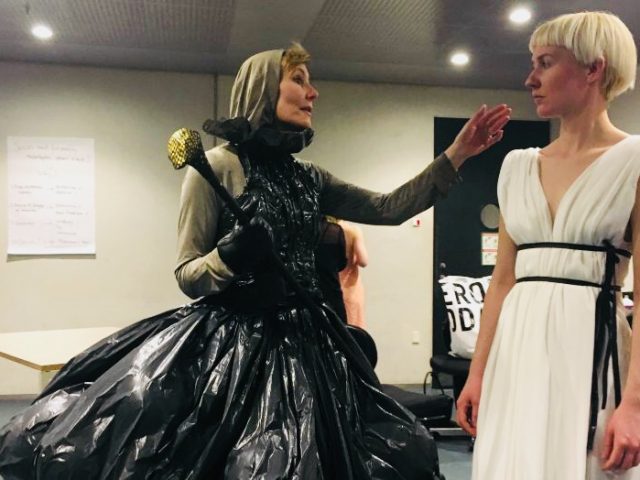
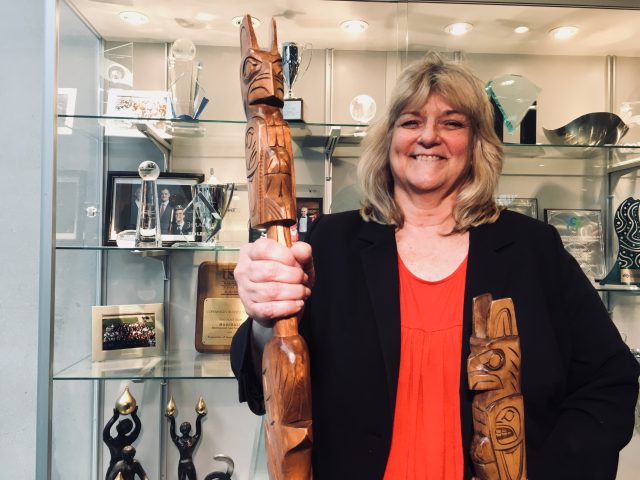




























































































































I think this piece brings up a lot of very valid and important points. However, I don’t like the phrase “irrational anxiety” at all. One could argue that all anxiety is irrational, since it’s often an overreaction to things. But to the person, it’s very real and I feel like it’s somewhat wrong to stick a label such as “irrational” on it. It would only encouarge students with anxiety to feel worse about feeling that way. Being a student currently come with all of this pressure to perform well, partly from the external pressures such as the reform, from accidentially compairing ourselves to our fellow students and just an internal “need” to do well. Like I said, it’s a very good piece and important but please be mindful of how you describe anxiety. People with it don’t need to be told that what they’re feeling is irrational – trust me, they probably berate themselves about having anxiety enough.
You forgot to mention that addictive and pathological use of the Internet, which is imposed on people almost everywhere now causes this kind of problems.
Not to mention big companies that promote “fast-paced” rat race careers, underline all the time that everyone needs to be innovative, super-adaptive, tolerant, successful, and other stuff.
Åh, I forgot about the social media as well- the main stress booster in our lives that tells everyone how to be perfect online, but then real life verifies everything anyway, which is the source of anxiety and mental problems among young people.
When will you start flagging this problem instead of focusing on some minor problems?